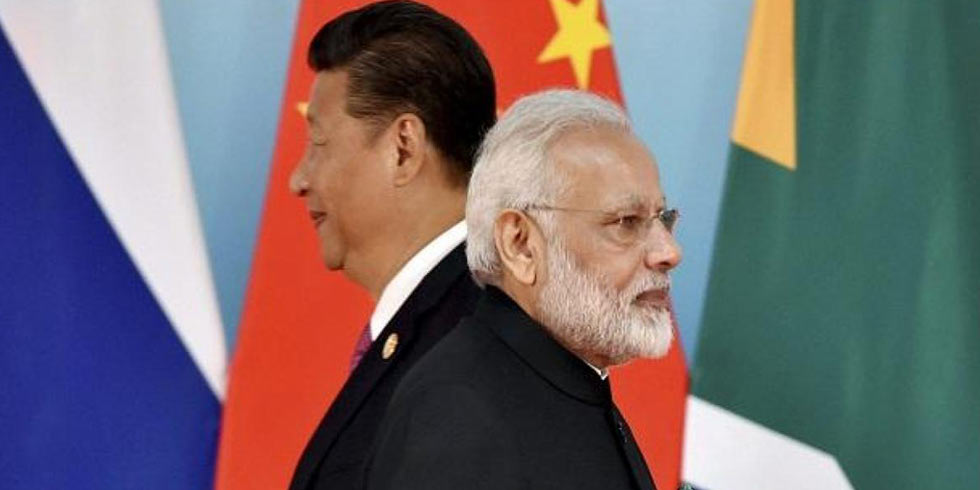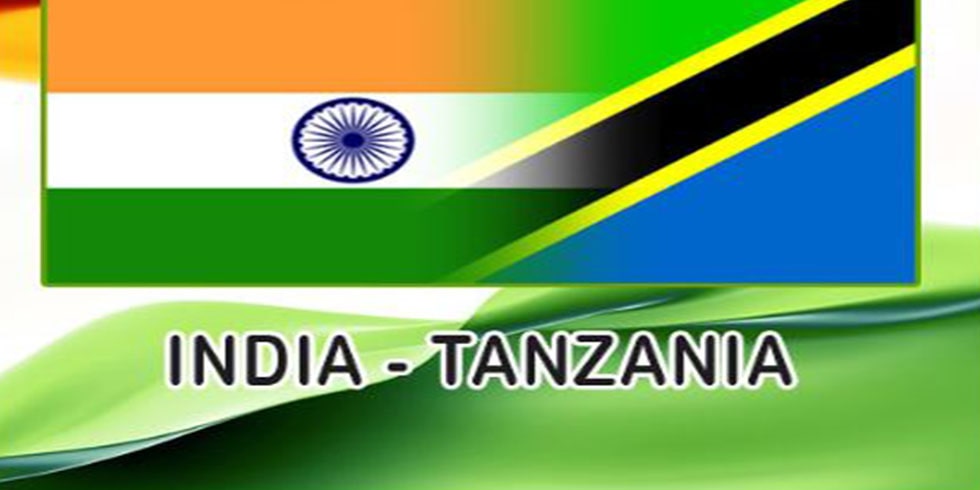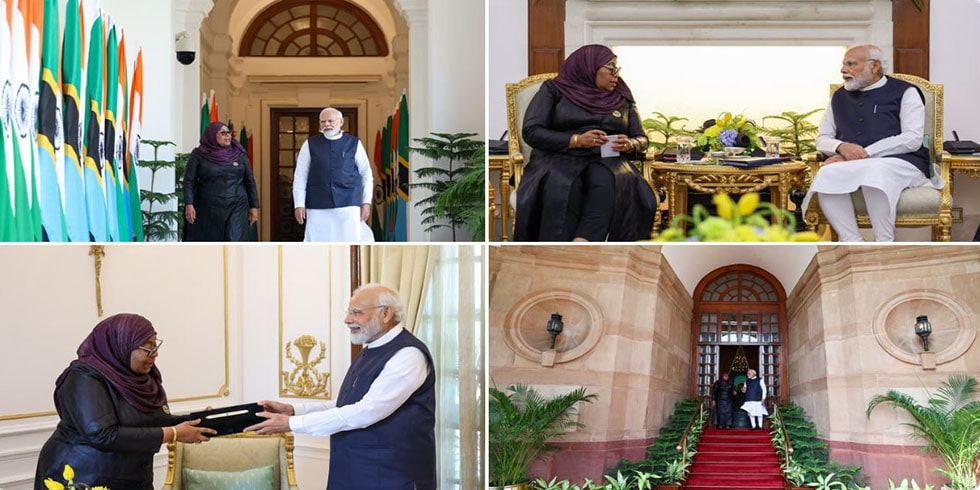New Delhi seeks to become the region's largest partner by promising a more inclusive and transparent development approach.
A few months ago, Indian External Affairs Minister Subrahmanyam Jaishankar visited Kenya to co-chair the third meeting of the India-Kenya Joint Commission alongside his Kenyan counterpart, Raychelle Omamo. His visit to Kenya, a strategically positioned Indian Ocean neighbour, demonstrates the significance India places on its relations with Kenya. Not only does New Delhi consider the nation as a gateway to continental Africa, but it also has 80,000 PIOs (People of Indian Origin) (including 20,000 Indian citizens). Both India and Kenya are members of the Commonwealth and currently serve on the United Nations Security Council.
During the visit, leaders from the two countries addressed a wide range of bilateral, regional, and global topics, including development cooperation, health-care delivery, and safeguarding maritime security in the Indian Ocean area.
These discussions took place at a time when India is looking to strengthen its Africa outreach through continuous and frequent high-level visits in order to reaffirm its image as one of Africa's most important development partners. The fact that India kept its supply lines open for much of the COVID-19 pandemic and ensured that critical supplies of medicines and medical equipment reached African countries in need demonstrates India's desire to become a steadfast and reliable partner, even though by the end of March, when India was confronted with a devastating second wave of the virus, it had to halt the export of AstraZeneca vaccines. This was a significant setback for African countries' immunisation efforts, which depended heavily on supply from the worldwide COVAX vaccine-sharing system.
The most visible example is the formation of the India-Africa Forum Summit, which has contributed to the institutionalisation and formalisation of India's interactions with its African partners. To far, the platform has hosted three summits (in 2008, 2011, and 2015), providing India and African nations with a forum for productive engagement.
The fourth summit, which was postponed due to the epidemic, is set to take place in Mauritania later this year. The summit will include feedback from a forthcoming conference on India-Africa partnership hosted by the Confederation of Indian Industry and the Export-Import Bank of India. Skills and capacity-building projects, health care, agriculture, maritime security, climate change, and supporting Africa's digital revolution will be the key focal areas.
Over the previous two decades, African nations, as well as those in India's near vicinity, have received the majority of New Delhi's developmental aid in the form of concessional lines of credit, grants, and capacity-building projects. Unlike Chinese loans, and even lending from the IMF and World Bank, Indian credit lines are demand-driven, consultative, transparent, and non-conditional. From 2002 until this February, India granted the continent a total of USD 11 billion in concessions.
In recent years, the trade and investment alliance has grown as well. Trade between India and Africa has increased from USD 51.7 billion in 2010-2011 to USD 66.7 billion in 2019-2020. India's governmental and private sector firms are also investing in Africa, making it the continent's eighth-largest investor. Aside from money and investments, India has also assisted Africa in combating the COVID-19 epidemic.
This is when India enters the picture. Unlike China's initiatives, Indian project building and funding in Africa aims to promote community engagement and development. Indian companies rely more on African talent, and India also has some benefits over China.
Both India and China are increasing their investments in Africa in order to align themselves with the continent's economic narrative. And they are increasingly competing with one another on a geopolitical level. New Delhi is hopeful that its long-term engagement with African countries over the last few years would pay off in terms of foreign policy gains. And if both India and its African partners' participation pays off, it might lead to a partnership-based relationship. With significant power fault lines escalating throughout the world, India's rising Africa engagement may be able to provide more fair advantages to both partners.










Add Comment